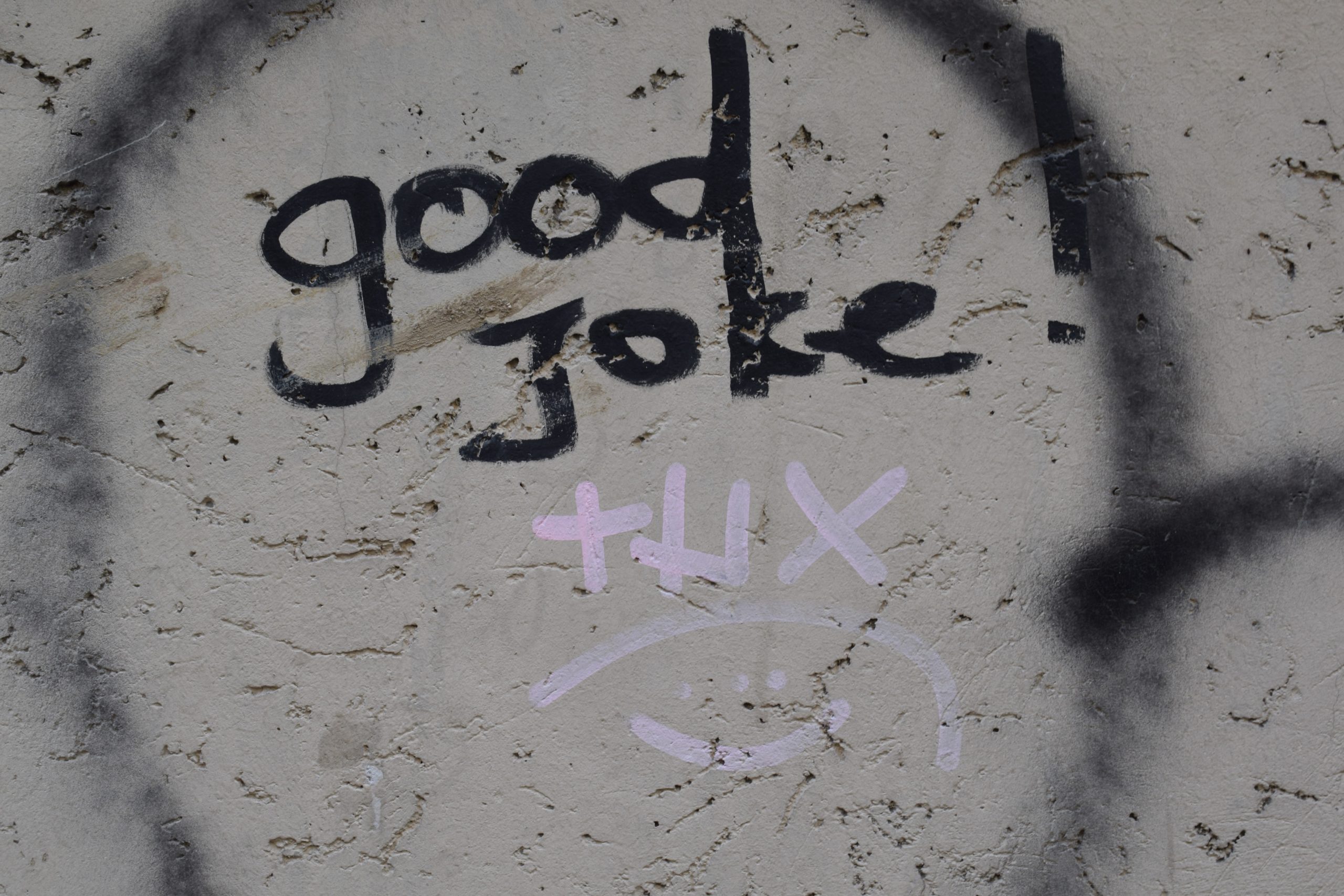I refreshed my Twitter feed and saw that a friend raised $500K for the startup they’ve been heads-down on for nearly a year. I liked the tweet, happy for them for getting additional resources to execute on their vision.
Then the DM came: “April Fools!”
It’s funny to you that I believed your believable lie and then incorrectly celebrated?
So I did what any rational person would do: Complain on social media.
Cue the flood of “I agree!” and “Why do you hate fun?”
Apart from having a general distaste for things that normal people like — riding roller coasters, eating outside, and wearing flip flops — I harbor a special kind of hate for April Fools’ Day. And the more I thought about it, the more I realized it’s because pranks erode people’s trust.
“We’re having a baby!” Oh my gosh, I’m so happy for you! “April Fools!”
“I just sold my company!” Wow, that’s a big deal. Congratulations! “Psych!”
“I created an AI app using a combination of GPT-3 and inputting my previous writings and interview transcripts, and then I taught it to draft tweets on my behalf!” Whoa, that sounds super cool. Can I take a look? “Haha, sucker!”
In all of those examples, the pranksters presented plausible if not spectacular happenings that any good friend would easily believe. And so the punchline is the violation of that earnest support. Which isn’t funny.
There. Case closed.
Until someone sent me this tweet:
I’m so screwed today.
— Peter Hartlaub (@peterhartlaub) April 1, 2020
My kids are doing April Fools jokes.
I’d lecture them about the horrible timing, but when I yelled in the shower it was the happiest we’ve seen them in weeks. #AprilFools#wfhwithkids #WFH pic.twitter.com/mc0rDRgJmx
Well, goddamnit if that isn’t the most delightful prank. Replacing shower soaps with condiments? Brilliant.
I had to revisit my bitter thesis.
It’s not that a bad prank erodes the prankee’s trust, the deeper issue is that it exposes inequities or condescension, and promotes exclusion. Knowingly or unknowingly, the prankster is often using humor as a way to parade their privilege.
“We’re having a baby!” But there are people who are struggling to conceive, and this joke literally laughs in their faces.
“I just sold my company!” But by many standards, that’s a successful exit strategy that many entrepreneurs would be thrilled to achieve, and you think it’s funny to sneer at that outcome?
“I created an AI app using a combination of GPT-3 and inputting my previous writings and interview transcripts, and then I taught it to draft tweets on my behalf!” But we’re in the earliest days of autogenerated language and this could be a real possibility so… are you laughing at people who know less than you about this technology?
But where the condiments-as-shower-soaps prank is excellent is that:
- It flips the power dynamic between parent and child, giving the child the upper hand.
- The blatancy of the condiment bottles — as opposed to refilling soap dispensers with spicy sriracha — means the prankee wasn’t actually put in harm’s way.
- The prankee is the one who tweeted about it, emphasizing that no one was actually hurt.
It’s a light-hearted prank that inverts our concept of reality — ketchup and mustard became shampoo and conditioner bottles — and it’s funny because it’s absurd.
What’s troubling about the other pranks is their plausibility and desirability. It makes a mockery of a desirable fate for some people, one that they may never reach.
The problem with these pranks is that they make the prankees feel foolish for actually believing in their friend. They’re punished because they forgot what day it was and they were happy to see their friend win. And April Fools’ Day only normalizes this toxic pattern.
We need less fake fundraisings, and more salad dressings in showers.
So I’m not an out-and-out anti-prankster. But don’t you dare swap out my shampoo bottles.
If you liked this post, subscribe to my every-other-weekly marketing newsletter!
If you didn’t like this post, subscribe to my every-other-weekly marketing newsletter. This is the only time I’ve ever written about April Fools’ Day, so you’ll never have to read my complaint again.
Special thanks to Kyle Bowe, Florian Maganza, Vivian Li, Erin Moore, and Daniel Sisson for reviewing this essay.
Photo by Marija Zaric on Unsplash




